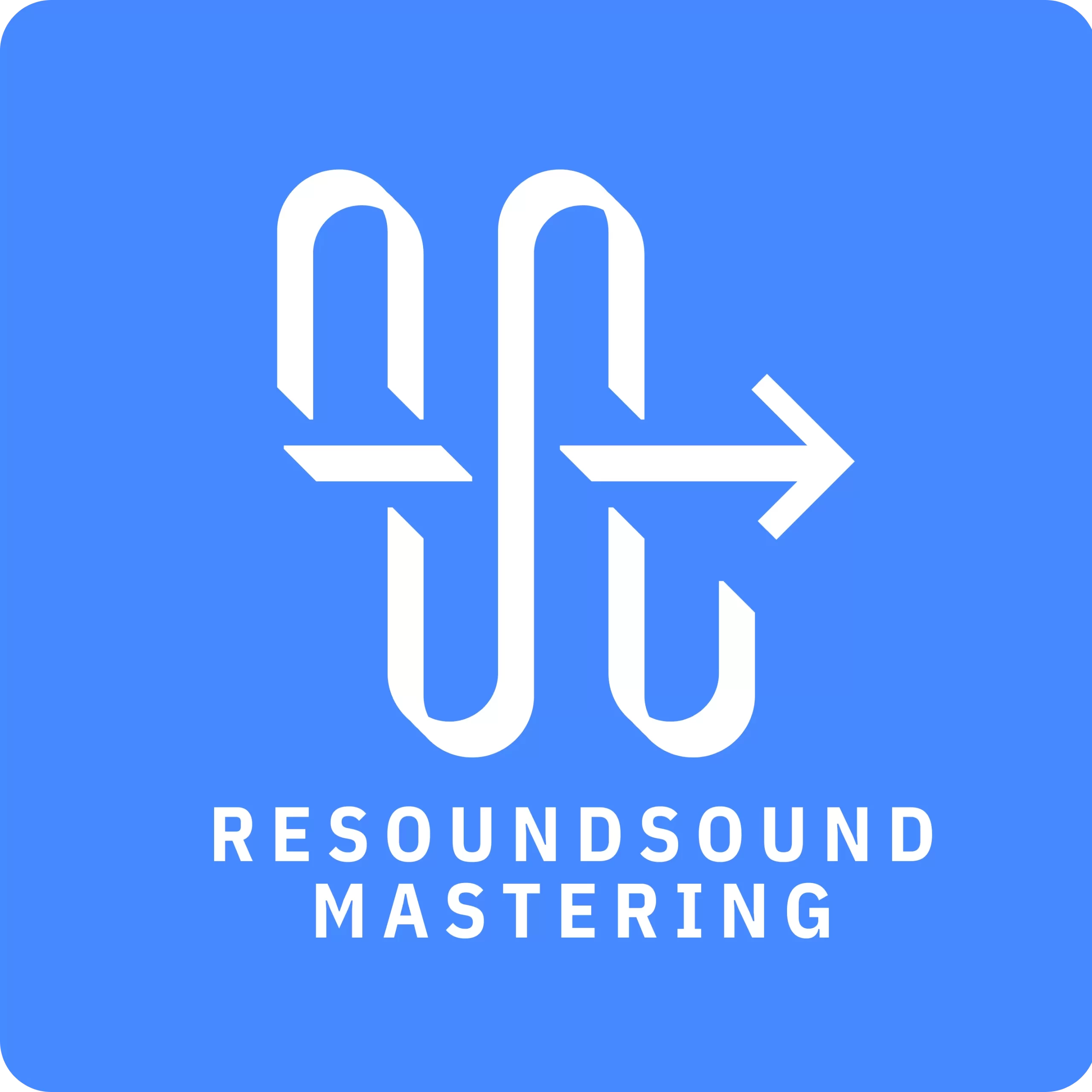Let me share with you one of the most potent superpowers I know for creative work.
It’s what enabled me to produce hundreds of tracks within just five years when I started with music production in the 90s.
I was finishing so much music! Churning out track after track, releasing them on my label and many others. It propelled me on the path I am still on now, 25 years later.
We all have access to this superpower.
And it won’t cost you a single penny.
It’s called “Limitations”.
My productivity was all thanks to the simple, straightforward and very limited toolset that making music with trackers provided me.
At the time, I didn’t realize the power in having limitations.
I was simply using what I had. I didn’t have any other options.
But as I look back now, it’s evident.
When I moved to more advanced software, my output slowed down despite spending the same amount of time making music.
It’s simple math, folks!
Having more resources and options inevitably leads to losing focus more often and spending more of your time on irrelevant things.
Even worse, it easily leads to indecisiveness and overwhelm.
The lesson was true back then but it’s even more relevant in the abundance we live in today.
Limitations provide a structured framework for your creativity.
They help you make quick decisions, work more efficiently, and move projects forward.
But it doesn’t end there. Consider this.
Limitations allow you to focus and dig deeper on a specific set of tools or techniques.
Your skills get better.
And there’s more.
By exploring the full range of possibilities within your limitations, you’ll develop a unique signature sound.
You’ll get noticed.
Limitations help you funnel your creativity into a productive practice and tangible results.
How about that for a superpower?
